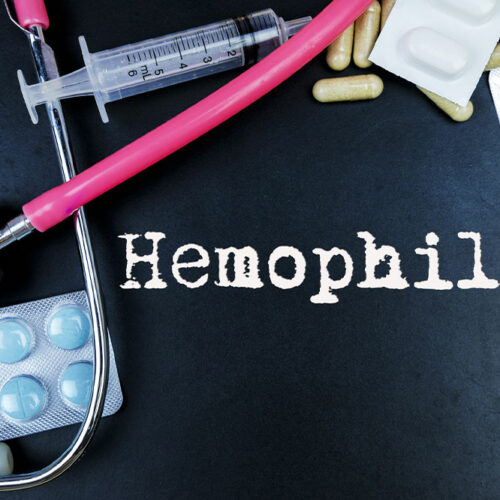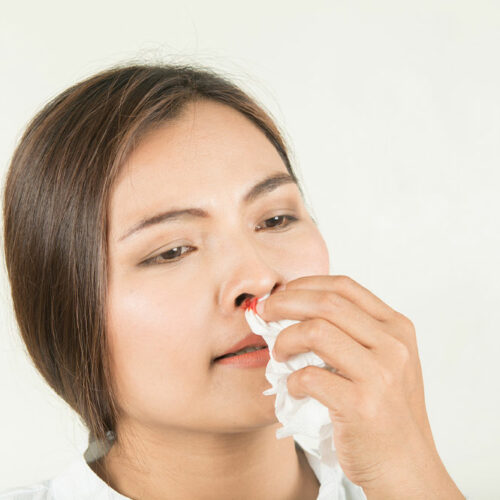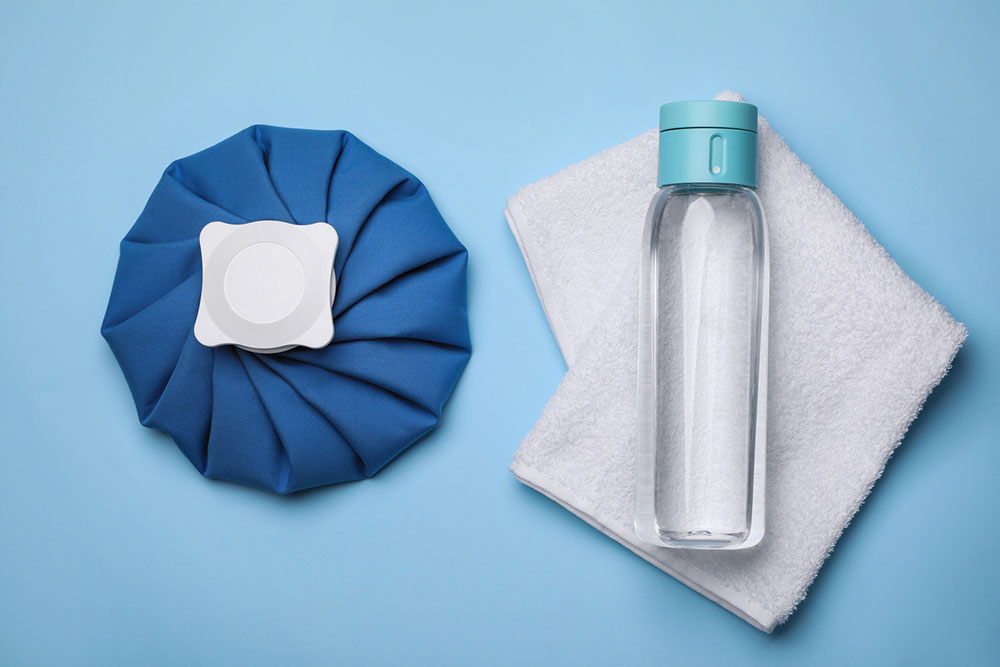Traveling tips for hemophilia patients

Hemophilia is a rare bleeding condition wherein the blood cannot clot properly at the site of the wound. People with this illness experience prolonged or spontaneous bleeding and bruising after an accident, surgery, or other injuries. Even minor wounds can cause continuous bleeding in hemophilia patients. As bleeding can occur at any time, it is important to manage the symptoms of hemophilia while traveling. Here are some tips to help hemophilia patients travel safely. See your doctor before traveling It is suggested to consult with a doctor before traveling. Ask them if you need to take any vaccinations like hepatitis A or B prior to traveling. Work out an action plan in case of emergencies. You can ask your doctor to provide a letter explaining the condition, prescriptions required, and devices needed in case of an emergency. Keep this letter with you at all times while traveling. If you’re traveling by flight, this letter will ensure that all your medical supplies are permitted on the plane. Invest in travel insurance Make sure to purchase travel insurance that covers conditions like hemophilia. Visiting a hospital in a foreign country can incur significant expenses. Some individuals get travel insurance through their schools or employer.






